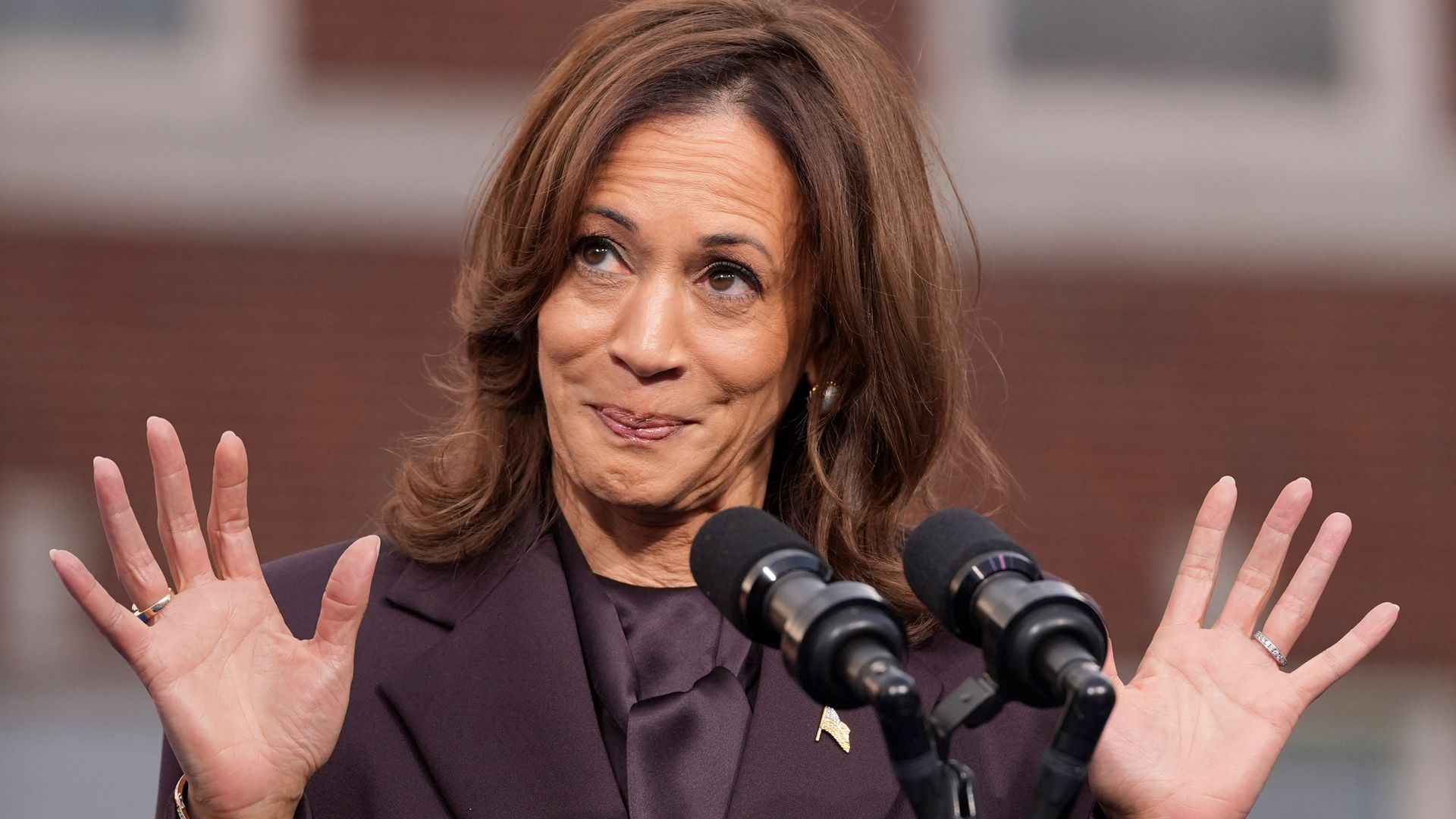
AUBURN, Maine — A drive around Lake Auburn reveals clear signs of the development-related fight playing a key role in the November mayoral race.
They are literally signs. “Protect Lake Auburn” is the motto gracing the expansive and well-maintained lawns of dozens of homes not far from the water. They are often paired with support for Jeff Harmon, who is trying to knock off Mayor Jason Levesque in November.
Levesque has won three terms along with national praise for his sweeping housing plans. That issue, which has recently polled as the biggest one facing Mainers, is at the center of the campaign in the sprawling swing city, as is the mayor’s ambitious growth agenda.
He wants Auburn to grow from roughly 24,000 residents to surpass 31,000-person Bangor by 2030 as Maine’s No. 3 city in population. Near the end of a Wednesday interview, Levesque also said he wanted to see Maine’s population grow past 2 million and have stronger forms of local government across the state.
“The more people you have, the more problems you can fix,” Levesque, 49, said over soup at the downtown Gritty McDuff’s Brew Pub, wearing a quarter-zip from Rogue Life Maine in Lewiston.

On Thursday, Levesque headed to Boston to receive a regional award for urban innovation. He also welcomed President Joe Biden to an Auburn manufacturing facility in July and was praised last year by a libertarian-leaning outlet for leading the “YIMBYest city in America.”
For all of those accolades, the former Republican congressional candidate and businessman barely prevailed in 2017 to first take charge of Auburn. Levesque is in another fight this year, facing pushback from some residents for his hard-charging, pro-development agenda.
Harmon, 64, a former Maine State Police deputy chief and Auburn police officer who is retired, has risen in local politics by resisting it, setting the stage for a competitive nonpartisan November race, though Levesque and Harmon are a Republican and Democrat, respectively.
The challenger is a member of groups that oppose development changes pushed by Levesque and the Auburn City Council, particularly the rezoning of the Gracelawn gravel pits area to allow more home and business construction near Lake Auburn as well as the potential construction of a filtration plant for the lake that some fear would lead to higher taxes and water bills.
Lake Auburn is one of only a few dozen lakes in the country with a waiver that allows Auburn and Lewiston residents to get their water from it without filtration, but Levesque noted the U.S. Environmental Protection Agency has advised local officials going back about 15 years that they may need to pay for a filtration system to counter pollution and climate change.
Levesque and city officials have used “window dressing to make it look like it’s been a public process” on development, Harmon argues. He also thinks the mayor is pursuing single-family homes while not prioritizing needed for senior, workforce and low-income housing.
“We all realize we need more housing,” Harmon said Wednesday at his home a few minutes west of downtown Auburn. “We all realize we’ll have continued growth in Auburn. But that growth needs to be planned.”
Harmon’s backyard abuts an expanse of land used for the Stable Ridge Apartments, which feature 60 market-rate multifamily units completed this year and a second phase of 60 units that are slated for completion by next year. The candidate himself has challenged the second phase in court, arguing the city did not follow its zoning ordinances in approving the plan.

Levesque’s allies see a not-in-my-backyard tinge to Harmon’s activism. Stable Ridge developer Jessica Klimek, an Auburn native, said the challenge is “putting the better interests of the community aside” and is among a group of older residents who “just don’t want change.”
“With [Levesque], I think his experience is key,” Klimek said. “He’s obviously had a lot of accomplishments over the last few years.”
For all the nuanced zoning issues at play, numerous Auburn residents said Wednesday in interviews outside their homes they simply want a new face in the mayor’s office.
These feelings are often raw. Levesque is “a bad guy,” said Jim Wellehan, the CEO of the shoe store chain Lamey-Wellehan. He added that the Lake Auburn issue will hurt the mayor, also criticizing Levesque for the City Council’s vote in April to end Auburn’s recycling program. Levesque wants to restart a pilot program.
“It’s time for change,” Wellehan said.
Levesque said opponents have those issues to try to defeat him. He touted lower tax rates amid higher inflation, simplified permitting, a new Edward Little High School and the national chains of Target and Olive Garden coming to Auburn. Local manufacturers are “kicking ass,” he said.
The county seat of Androscoggin County once held global significance for shoe manufacturing before seeing many of its factories close after World War II, but Levesque pointed to Biden visiting Auburn Manufacturing in late July.
Levesque added he has ambitious goals if voters give him two more years. He wants to “end generational poverty” in the city by increasing homeownership. He wants to see through the construction of a planned new Police Activities League facility and more learn-to-swim programs to decrease drowning incidents in the city.
In the winter, Levesque fueled speculation on his future by saying he was looking at higher offices down the road. He is not facing term limits, but he said last week that this would be his fourth and final term as mayor.
Harmon said he hears from people who think Levesque sees Auburn as a springboard. The mayor was candid about his plans. He is looking at running for Congress or the governor’s office in 2026, with one role more on his mind.
“Is my skill set better suited for the Blaine House?” Levesque said. “Yeah.”












